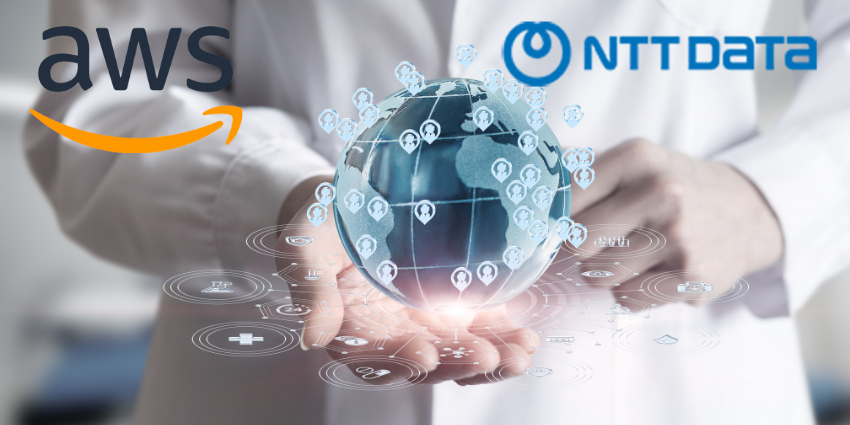Microsoft has confirmed a new contact center integration model for Teams, taking the total to three.
In a nutshell, the Unify integration model allows solution providers to build native CCaaS applications on Azure Communication Services (ACS), leveraging Teams’ calling infrastructure.
This expansion of Teams Phone functionality into CCaaS environments is made possible by leveraging the following resources:
- ACS – call automation
- ACS – calling software development kit
- OpenAI
The vendor claims that Unify enables the development of “intelligent” CCaaS solutions that improve communication between customers and contact center agents.
In addition, Unify is equipped with Dual Persona, which means that calls made to or from ACS applications now alert only the Teams CCaaS identity.
This setup allows ISVs to route calls directly to their custom CCaaS client without triggering a ring within the Teams client itself.
The model also boasts enhanced AI support via a new API.
In discussing the news on LinkedIn, Chris Goodwill – a Strategic Partner Manager and Solution Specialist at Symity and self-described industry expert on Microsoft contact centers – wrote:
[Unify’s API] makes AI a first-class citizen and easier to use.
But why did Microsoft feel the need to release a fresh integration model?
Why New and Why Now?
Having been labelled as ‘Coming Soon’ on the Microsoft certification page (under the name ‘Power’) for several years, the company has clearly felt the need to bolster its integration options for quite some time.
While the vendor has not released any official statement on why it has finally decided to pull the trigger, it is interesting that the news comes just a month after the announcement that Microsoft was bringing Teams Phone extensibility to Dynamics 365.
This feature enables businesses to leverage their existing Teams voice infrastructure within the contact center, removing the need for a separate telephony system when using Microsoft’s Dynamics 365 CCaaS solution.
This makes Teams phone extensibility a key aspect of the new integration, with Goodwill describing it as “the technology enabler” for Unify.
Choosing the Right Integration
As mentioned above, Unify is the latest of three integration models that Microsoft currently offers to contact center solution providers.
The Extend integration model connects contact center solutions with Teams clients using Microsoft Graph APIs and the Teams Phone system. Here, the contact center provider functions as a telephony carrier alongside Microsoft 365.
Agents can communicate internally and externally through Teams, and access contextual insights pulled from various systems before each interaction – reducing the need to switch between apps and boosting efficiency.
The Connect integration model, on the other hand, links contact center solutions to the Teams Phone system via certified SBCs and Direct Routing. This setup enables advanced call routing, configuration, and performance insights.
Agents can leverage virtual assistants and skill-based routing to efficiently collect customer information and direct inquiries to the right experts.
While each integration has its strengths, Unify stands out by offering the most flexibility for building fully custom, AI-enhanced contact center experiences using Azure and Teams infrastructure – without being confined to the Teams client interface.
Certification for Unify has recently launched, with general availability anticipated around mid-summer 2025.
The likes of Cisco, Five9, Genesys, and Talkdesk are among the names that are currently certified for either Extend or Connect.
Caseris, Frontstage, Unexus, Vier, Vonage, and Zoom are all also listed as being “in the certification process,” which gives an idea of the kinds of vendors that may be looking at implementing Unify later this year.
More News from Microsoft
Announced last month, Microsoft is rebranding some of its key contact center products with the ‘Copilot’ name.
The “Customer Service workspace” and “Contact Center workspace” will now be called “Copilot Service workspace,” while the “Customer Service admin center” and “Contact Center admin center” will be renamed the “Copilot Service admin center.”
These changes aim to highlight how Copilot can support both contact center agents and admins in their daily tasks across these updated solutions.
Away from the contact center, Microsoft Outlook recently warned businesses to authenticate their emails or risk having them sent to the spam folder.
Starting May 5, 2025, Outlook will enforce stricter protocols for high-volume senders, specifically targeting domains that send over 5,000 emails daily. These changes aim to improve email authenticity and credibility.







